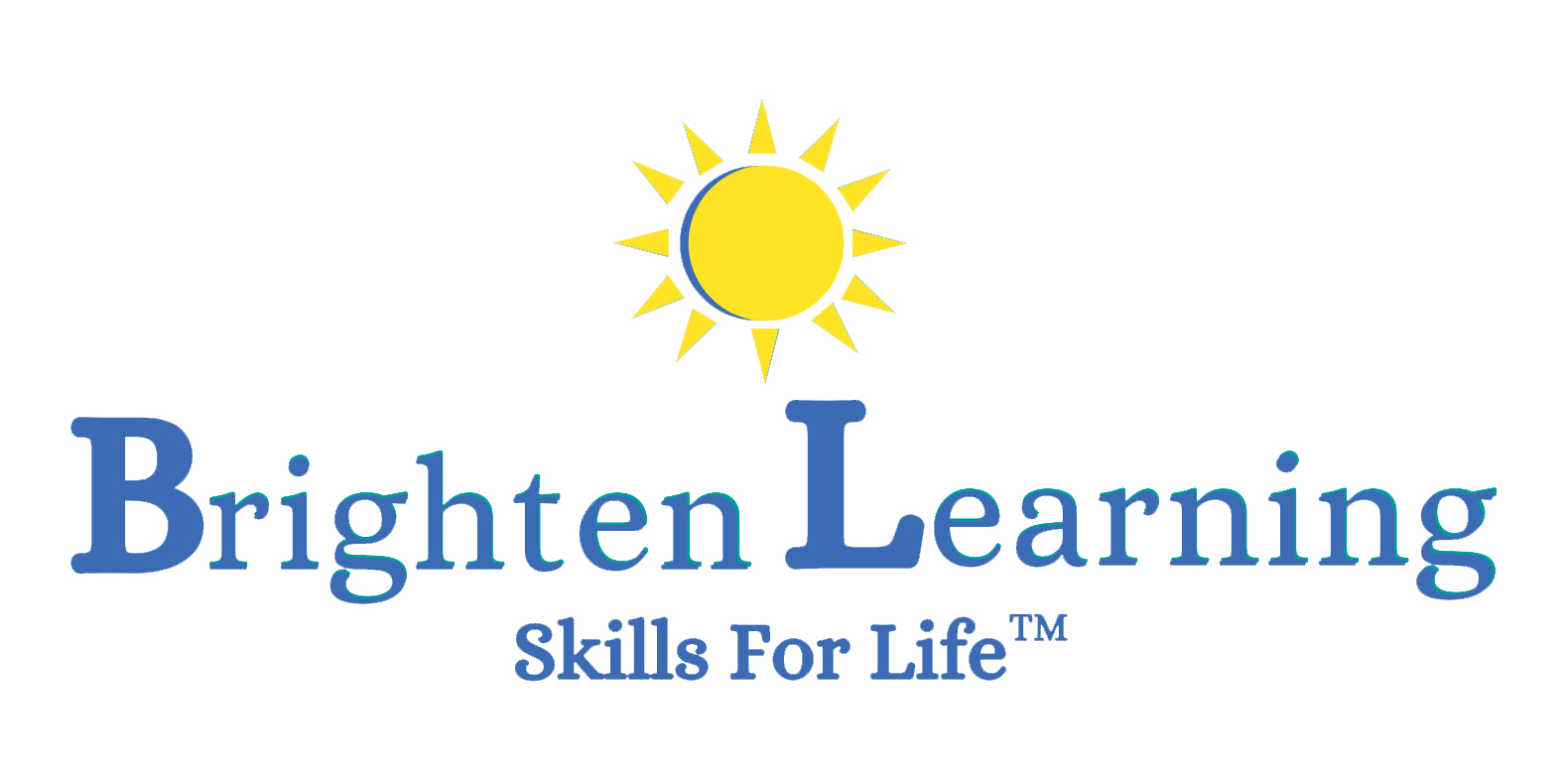Educators have far exceeded all expectations during the most challenging school year in history By…
Social Skills Deficits and Learning Disabilities: From A Teacher’s Viewpoint
 Our world is a social place and we spend most of our time participating as members of social groups. Think of church, synagogue, neighborhoods, Parent-Teacher Organizations, recreational sports leagues and more.
Our world is a social place and we spend most of our time participating as members of social groups. Think of church, synagogue, neighborhoods, Parent-Teacher Organizations, recreational sports leagues and more.
For children, social skills are the foundation for getting along with others from the earliest age. In the case of special needs students and those with learning disabilities, extra help is often needed.
Social situations can be complicated for kids with social learning deficits (challenges). They often get lost in a maze of limited social understanding.
These social skills can be as simple as saying “hello” and “goodbye” and as complicated as knowing how to function in a group setting or during difficult social interactions.
Students with social learning challenges require direct instruction, with each facet of every skill broken down into small pieces.
The Social Express addresses these areas of need by providing a highly interactive and visual presentation and utilizing an additional component which allows for the generalization of skills outside of the teaching environment.
Specific Social Interaction Skills
Here is a list some of the social interaction skills and related potential benefits that are addressed in our program:
- Identify feelings in others
- Understand the importance of “eye contact” (thinking with your eyes) in order to figure out what to say or do in social situations
- Read non-verbal social cues
- Identify appropriate coping strategies
- Learn how to start conversations
- Learn how to be part of a group
- Learn about the hidden rules in social situations
- Sequence situations and infer what will come next
- Figure out what to talk about with friends
- Monitor when others are using appropriate social behaviors
- Learn about using figurative language (idioms) in conversation
- Stay on topic when having conversations
- Watch social situations unfold and see how behavior can have negative or positive consequence
Safe Learning Environment
While good social skills offer resilience to a student, a lack of social skills can lead to a variety of difficulties.
When developing our social skills, social-interaction learning program, The Social Express, the goal was to create a program that works equally well for direct, individual, and group instruction in social skills.
Provided in a controlled, safe environment for learning, practice, and demonstration (in the classroom or at home) children using our program begin to generalize new skills into new environments. This allows for powerful new thinking and adoption of essential social interaction skills.
Research
The connection between learning disabilities (LD) and deficient or ineffective social skills is well documented in the research. The following findings from a 1996 Meta-Analysis conducted by Kavale & Forness in the Journal of Learning Disabilities, is still relevant today Source: LDOnline.
Teachers, non-LD peers, and students with LD all reported students with LD had greater social skills deficits than non-LD students.
Almost three quarters (74%) of students with LD received a negative assessment of their social skills that distinguished them clearly from the non-LD comparison group.
Teachers viewed [LD students] social skills deficits in relation to their academic problems.
Teachers also rated students with LD as having higher levels of hyperactivity, distractibility, and anxiety.
Peer assessments by students without learning disabilities showed that nearly 8 out of 10 students with LD were rejected by their peers.
Students without LD also perceived students with LD as having lower social status and more difficulties in communication, and reported that students with LD interacted, played, and empathized at lower levels than their peers.
Students with LD rated deficiencies in academic areas as their primary problem, with more than 8 out of 10 rating themselves as deficient in academics.
The second most commonly reported deficit by students with LD was interpreting nonverbal communication. More than 7 out of 10 students with LD rated themselves as having social skills deficits that made them different from their peers.
We hope this brief view of social skills and learning disabilities is helpful as you develop learning programs for your special needs students.
— Marc
Dad & Developer
If you’re looking to help your child learn social skills, our online engaging animated program may benefit your child. Parents tell us that kids love the Hollywood style animation and characters and actually ask to use The Social Express! To see how it works, click here. Click here to try our 10-day, no risk trial.
